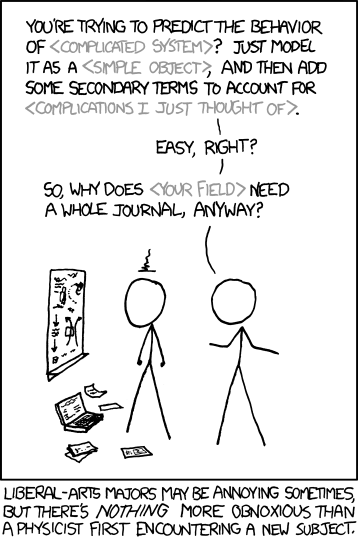- Factfulness, by Hans Rosling, Ola Rosling, and Anna Rosling Rönnlund. Before pondering humanity’s future, we need to understand the present—and I don’t know of any book that better conveys a sense of where things now stand and the challenges we face. See also the authors’ web site gapminder.org, with its wonderful plotting tools and video collection.
- Our World in Data, by Max Roser et al. A fantastic (and growing!) collection of essays and customizable charts that convey the current state of the world, how we got here, and where we seem to be headed. I’ve spent many a day meandering around this site, trying to take it all in.
- The Wizard and the Prophet, by Charles C. Mann. This fascinating book is about two competing outlooks on humanity’s future: the technological optimism of “wizard” Norman Borlaug and the Malthusian pessimism of “prophet” William Vogt. In addition to biographical sections on these two men, it describes competing approaches to the ongoing global challenges of food, water, energy, and climate.
- The Limits to Growth, by Donella H. Meadows et al. This classic 1972 report describes an early effort to mathematically model humanity’s future, using equations that attempt to relate demographics, industrial production, resources, and pollution. It explores a wide range of scenarios, showing that many seem to lead to catastrophe and trying to find those that do not.
- The Roots of Progress, by Jason Crawford, is a blog of fascinating essays on the history of technology, with commentary on how these lessons pertain to future human progress. Although I think the author takes his technological optimism too far at times, he’s a great writer and is asking important questions.
- Do the Math, by Tom Murphy, is a physicist’s blog on the future of energy. It’s a magnificent demonstration of how a skilled physicist (much better than I!) approaches such questions, seeking insight through numerical estimates and simple mathematical models. I find the overall outlook too Malthusian, but I always learn something trying to pin down our points of disagreement.
- Voodoo Science, by Robert Park. Published in 2000, this fun and insightful book helped me develop a healthy skepticism toward claims that sound scientific but aren’t. Its chapter on space exploration, “The Virtual Astronaut”, provides an especially important lesson about predicting the future of technology. This book is also where I learned the terms “technological optimist” and “Malthusian pessimist”. The author was a physicist who served as director of public affairs for the American Physical Society.
- The Signal and the Noise, by Nate Silver. This best-selling 2012 book is all about making predictions: weather, earthquakes, economic events, elections, poker games. It’s full of valuable lessons for anyone who would try to predict the future. (I’m not especially a fan of the climate chapter.)
I’ll be updating this list as I read more, and I would very much welcome reading recommendations in the comments!

